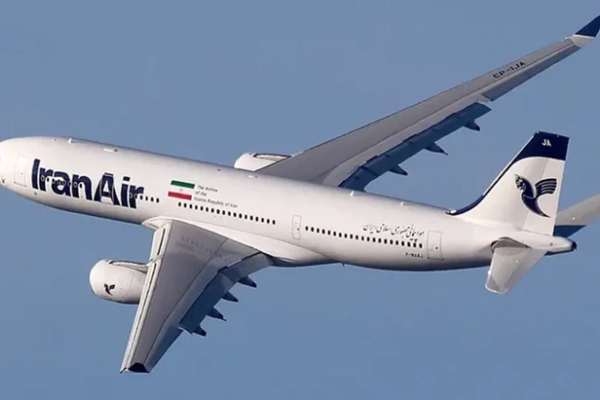EU ponders new sanctions on Iran over missile transfers to Russia
The European Union is weighing sanctions on Iran's aviation sector in response to Tehran's supply of ballistic missiles to Russia for use in the conflict in Ukraine.
EU foreign policy chief Josep Borrell underscored the bloc's resolute position on the issue, stating, "The European Union has repeatedly strongly cautioned Iran against transfers of ballistic missiles to Russia." He further mentioned that the EU would "respond swiftly and in coordination with international partners."
Borrell suggested that the EU’s response would likely include substantial new sanctions aimed at individuals and entities connected to Iran's ballistic missile and drone programs. This action comes on the heels of similar sanctions imposed earlier this week by France, Germany, and the UK.
The escalation follows US Secretary of State Antony Blinken's claim that Russia has received ballistic missiles from Iran, which could be deployed in Ukraine within weeks. In response, Iran denied these allegations and summoned the envoys of Britain, France, Germany, and the Netherlands, heightening the diplomatic standoff.
Iran's Foreign Minister Abbas Araghchi reiterated Tehran's denial, stating on social media, "Once again, US and E3 act on faulty intelligence and flawed logic - Iran has NOT delivered ballistic missiles to Russia. Period - Sanction addicts should ask themselves: how is Iran able to make & supposedly sell sophisticated arms? Sanctions are NOT a solution, but part of the problem."

Iran's nuclear program has no peaceful justification, US tells IAEA

Iran Air hit by Western sanctions over missile transfer to Russia
The situation reflects broader geopolitical tensions, with Iran, North Korea, and Russia increasingly coordinating in support of Moscow's war in Ukraine, according to British Foreign Secretary David Lammy. He noted this emerging "entente" on Wednesday, following the announcement of new Western sanctions against Iran.
This alliance is seen as part of a larger "axis of upheaval" that includes Russia, China, Iran, and North Korea, which the chief of Britain’s army warned in July could necessitate readiness for confrontation within the next three years.
Adding to the tensions, Reuters reported on Friday that Russia started manufacturing a new long-range attack drone last year using Chinese engines and components, which has already been deployed in the Ukraine conflict. According to sources from a European intelligence agency and documents reviewed by Reuters, this development underscores Russia’s continued efforts to bolster its military capabilities.
Meanwhile, Russia's FSB security service announced on Friday that it had revoked the accreditation of six British diplomats in Moscow, accusing them of espionage and sabotage, a move reflecting the Kremlin’s frustration with what it perceives as London’s significant role in supporting Ukraine.
These developments highlight the growing alignment between Iran, Russia, and North Korea against Western interests. Iran's potential pursuit of nuclear capabilities and Russia's aggressive military actions in Ukraine further exacerbate security threats on the global stage.